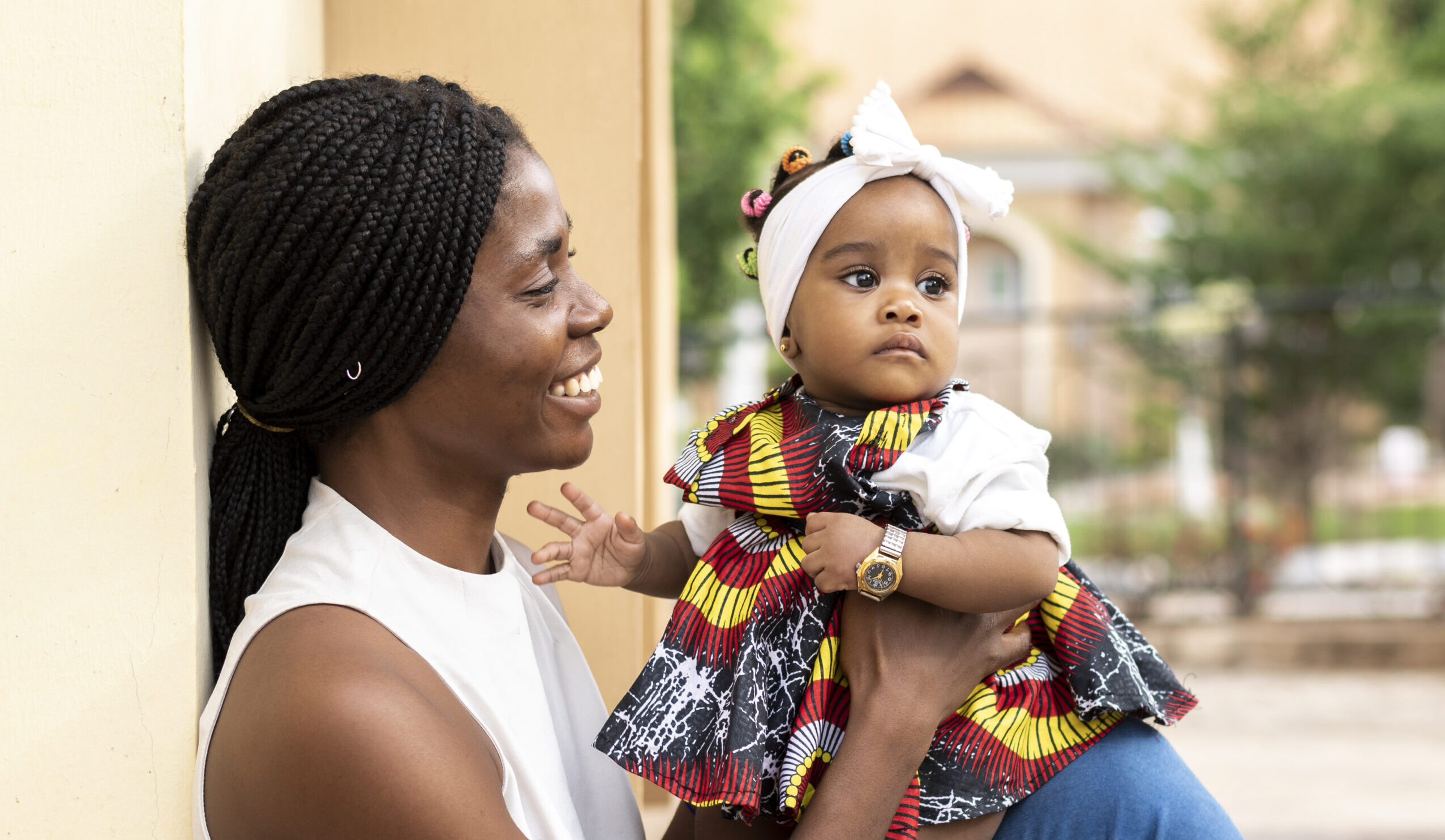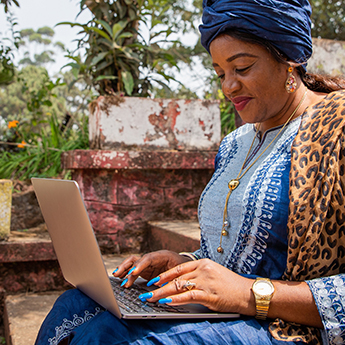Category: FP2030 Updates
The Government of Zambia launches FP2030 Commitments
FP2030 Puts Down Roots in Latin America
South Sudan launches FP2030 commitments
Performance Monitoring and Evidence Working Group: June 2022 Meeting Recap
FP2030’s Performance Monitoring and Evidence (PME) Working Group met in person in June 2022 for the first time since the onset of the COVID19 pandemic. Dr. Samukeliso Dube, FP2030 Executive Director, welcomed the group and shared updates on the FP2030 transition and future regional hub network.
ForoLac to Partner with FP2030 in Latin America and the Caribbean
ForoLAC, part of the Reproductive Supply Health Coalition (RSHC), has striven to increase reproductive health commodity security in the Latin American and the Caribbean region for 11 years.
Updates from the OPCU: A Readout from the Region
The OPCU recently hosted a webinar, Family Planning in a Humanitarian Crisis: How to Maintain Services and Strengthen the Resilience of Populations and Health Systems, as a chance to continue conversations raised at the OP annual meeting in December.
Statement from Family Planning 2030 on the Future of Family Planning
Every woman and girl, no matter where she lives, should have the freedom and ability to use lifesaving, life-changing modern contraception. This was our fundamental objective when Family Planning 2020 (FP2020) was launched in 2012 at the London Summit on Family Planning.
Don’t Leave LGBTI Communities Behind in FP2030 Commitments
The commitment process for the FP2030 partnership is live, with governments and other stakeholders recommitting — or committing for the first time — to advancing rights-based family planning. In order to create a commitment that is truly rights-based, commitment makers should consider including specific provisions for LGBTI individuals in their commitments.
First Look: The Impact of COVID-19 on Family Planning
As the pandemic continues into its second year, the full impact on family planning and women and girls access to services still isn’t known, and won’t be for some time. Still, to begin to understand the pandemic’s effects, FP2020 began convening family planning data partners in April 2020 to better understand how the COVID-19 pandemic was affecting programs and services.








